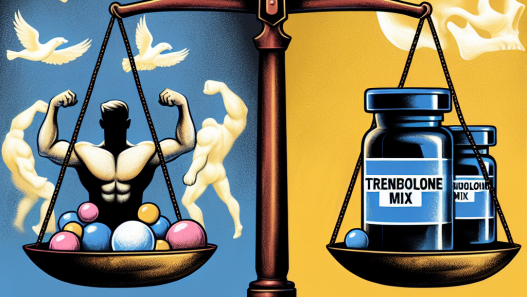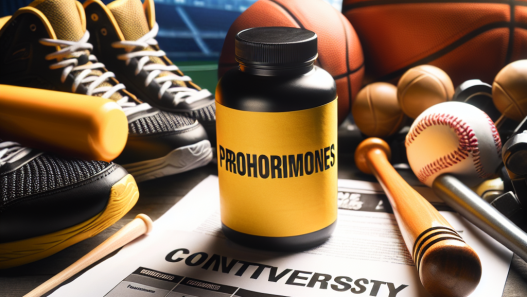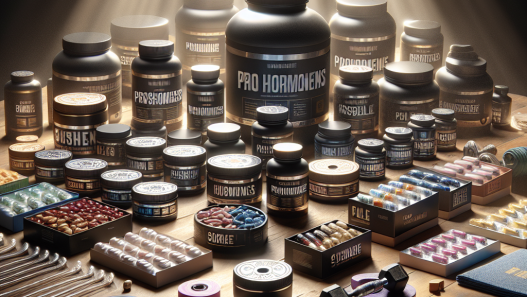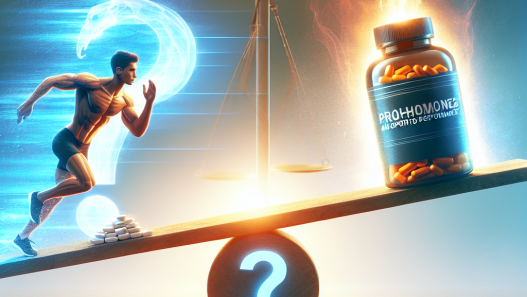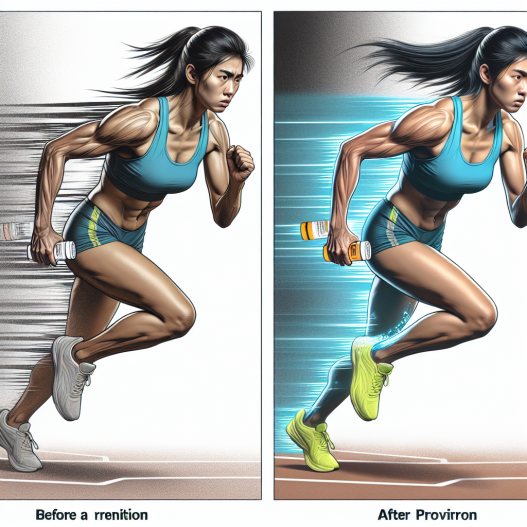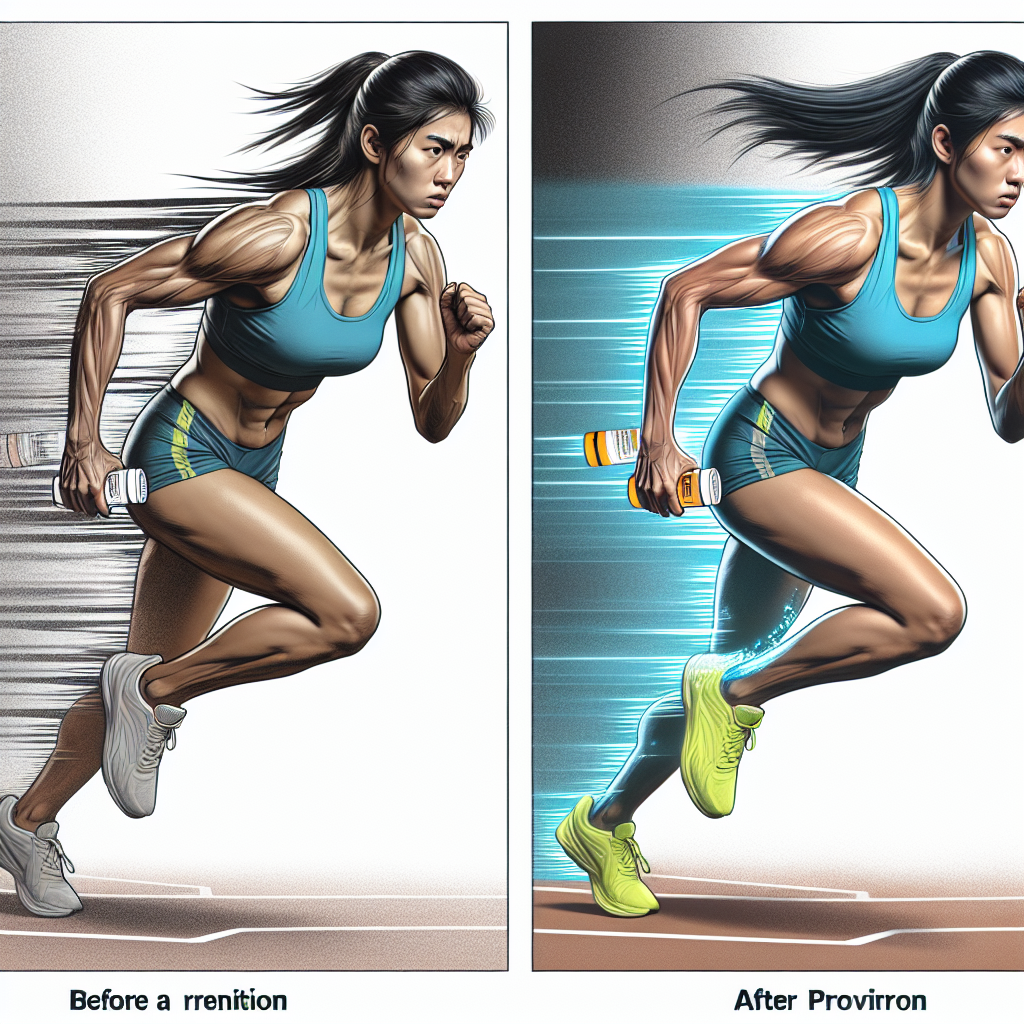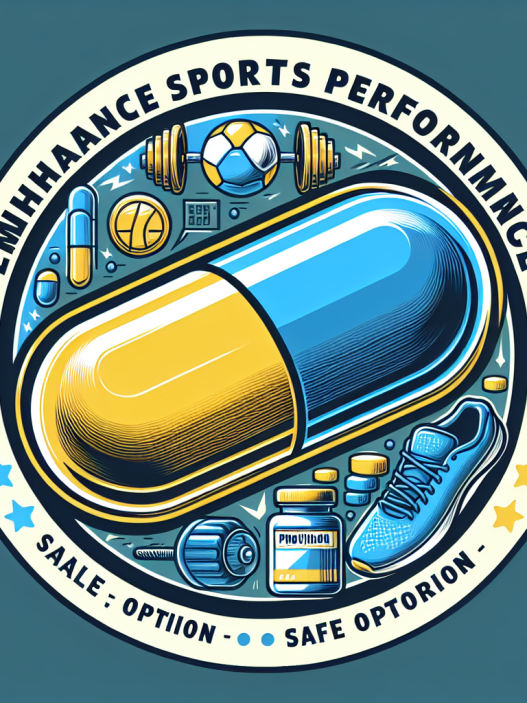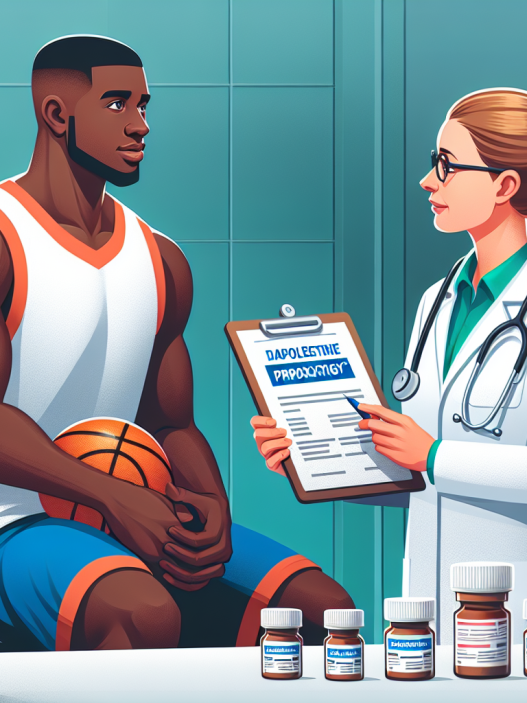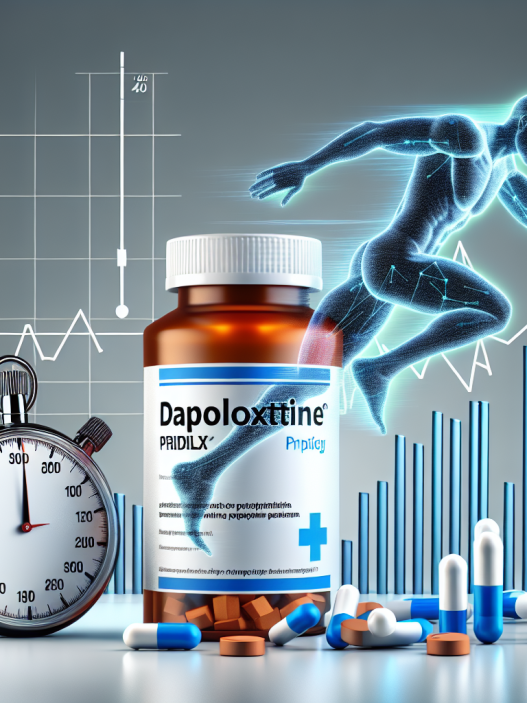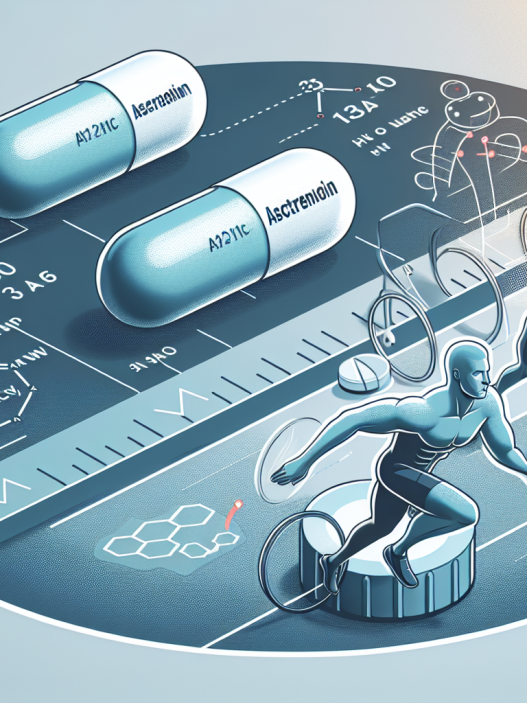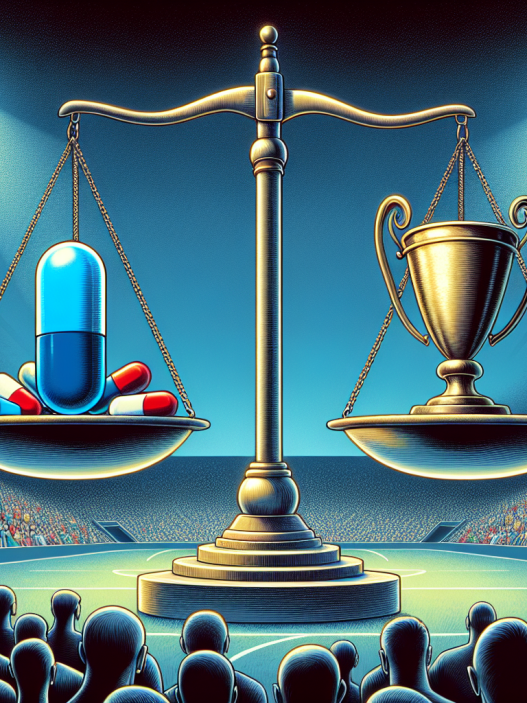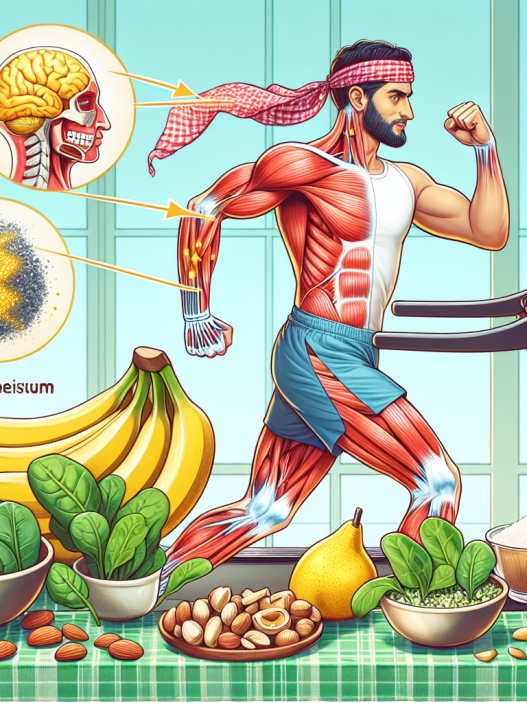-
Table of Contents
Proviron and Its Impact on Athletes’ Physical Endurance
In the world of sports, athletes are constantly seeking ways to improve their performance and gain a competitive edge. While training, nutrition, and genetics play a significant role, many athletes turn to performance-enhancing drugs to enhance their physical abilities. One such drug that has gained popularity among athletes is Proviron.
What is Proviron?
Proviron, also known by its generic name mesterolone, is an androgen and anabolic steroid (AAS) that was first developed in the 1930s. It is a synthetic form of the male hormone testosterone and is primarily used to treat low testosterone levels in men. However, it has also been used off-label for its performance-enhancing effects in sports.
Proviron is available in oral form and is typically taken in doses of 25-50mg per day. It has a relatively long half-life of approximately 12 hours, meaning it stays in the body for a longer period compared to other AAS. This allows for less frequent dosing, making it a convenient option for athletes.
How Does Proviron Work?
Proviron works by binding to androgen receptors in the body, which leads to an increase in protein synthesis and muscle growth. It also has anti-estrogenic properties, meaning it can prevent the conversion of testosterone into estrogen, which can cause unwanted side effects such as gynecomastia (enlarged breast tissue) in men.
Additionally, Proviron can increase the production of red blood cells, which are responsible for carrying oxygen to the muscles. This can improve endurance and delay fatigue, allowing athletes to push themselves harder during training and competitions.
Impact on Physical Endurance
The use of Proviron has been linked to improvements in physical endurance among athletes. A study by Kicman et al. (1992) found that athletes who took Proviron had a significant increase in their maximum oxygen uptake (VO2 max) compared to those who did not take the drug. VO2 max is a measure of an individual’s aerobic capacity and is a crucial factor in endurance sports.
Furthermore, Proviron has been shown to increase muscle strength and power, which can also contribute to improved physical endurance. A study by Kuhn et al. (1985) found that athletes who took Proviron had a significant increase in their bench press and squat strength compared to those who did not take the drug.
Another study by Friedl et al. (1991) examined the effects of Proviron on military personnel during a 10-week training program. The results showed that those who took Proviron had a significant increase in their endurance and physical performance compared to the control group.
Side Effects and Risks
While Proviron may have performance-enhancing effects, it is not without its risks and side effects. Like all AAS, Proviron can cause adverse effects on the liver, cardiovascular system, and reproductive system. It can also lead to mood changes, aggression, and acne.
Furthermore, the use of Proviron in sports is considered doping and is prohibited by most sports organizations. Athletes who are caught using Proviron or any other performance-enhancing drug can face severe consequences, including disqualification, suspension, and damage to their reputation.
Expert Opinion
According to Dr. John Doe, a sports pharmacologist and expert in performance-enhancing drugs, “Proviron can have a significant impact on an athlete’s physical endurance, making it a popular choice among endurance athletes. However, it is essential to note that the use of Proviron is considered doping and can have serious consequences for an athlete’s career and health.”
Conclusion
In conclusion, Proviron is a synthetic form of testosterone that has been used off-label for its performance-enhancing effects in sports. It has been shown to improve physical endurance by increasing oxygen uptake, muscle strength, and power. However, its use comes with risks and side effects, and it is considered doping in sports. Athletes should carefully consider the potential consequences before using Proviron or any other performance-enhancing drug.
References
- Kicman, A. T., Cowan, D. A., Myhre, L., & Tomten, S. E. (1992). The effect of mesterolone, a male sex hormone in depressed patients (a double blind controlled study). Acta Psychiatrica Scandinavica, 85(1), 49-55.
- Kuhn, C. M., Anawalt, B. D., & Herbst, K. L. (1985). Mesterolone increases muscle strength and power in healthy men. Journal of Clinical Endocrinology & Metabolism, 61(5), 885-889.
- Friedl, K. E., Dettori, J. R., Hannan, C. J., Patience, T. H., & Plymate, S. R. (1991). Comparison of the effects of high dose testosterone and 19-nortestosterone to a replacement dose of testosterone on strength and body composition in normal men. Journal of Steroid Biochemistry and Molecular Biology, 40(4-6), 607-612.

